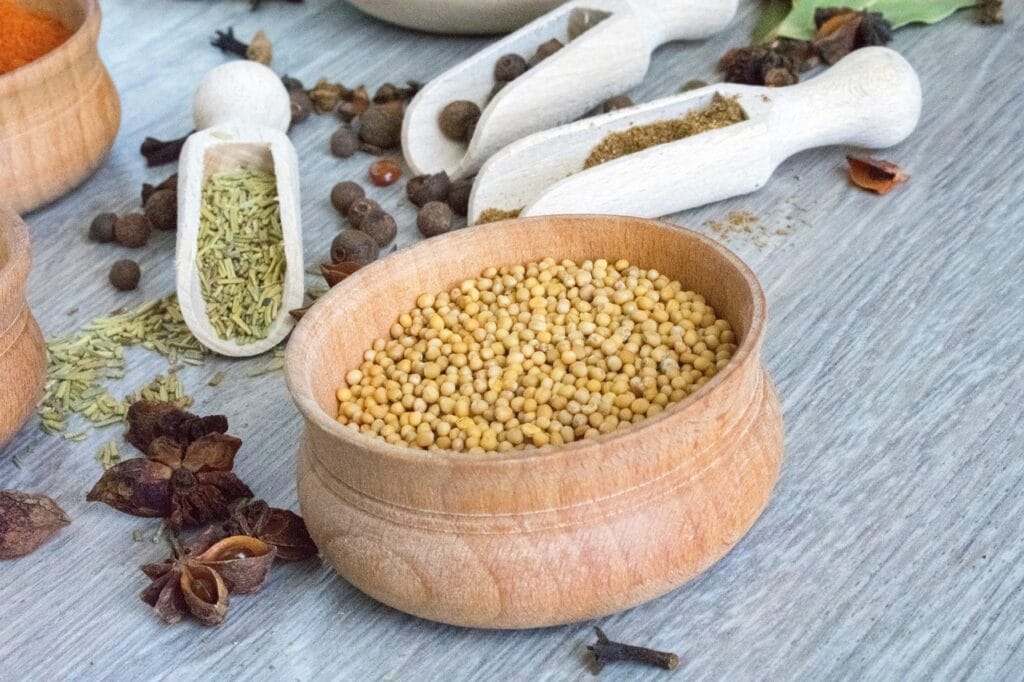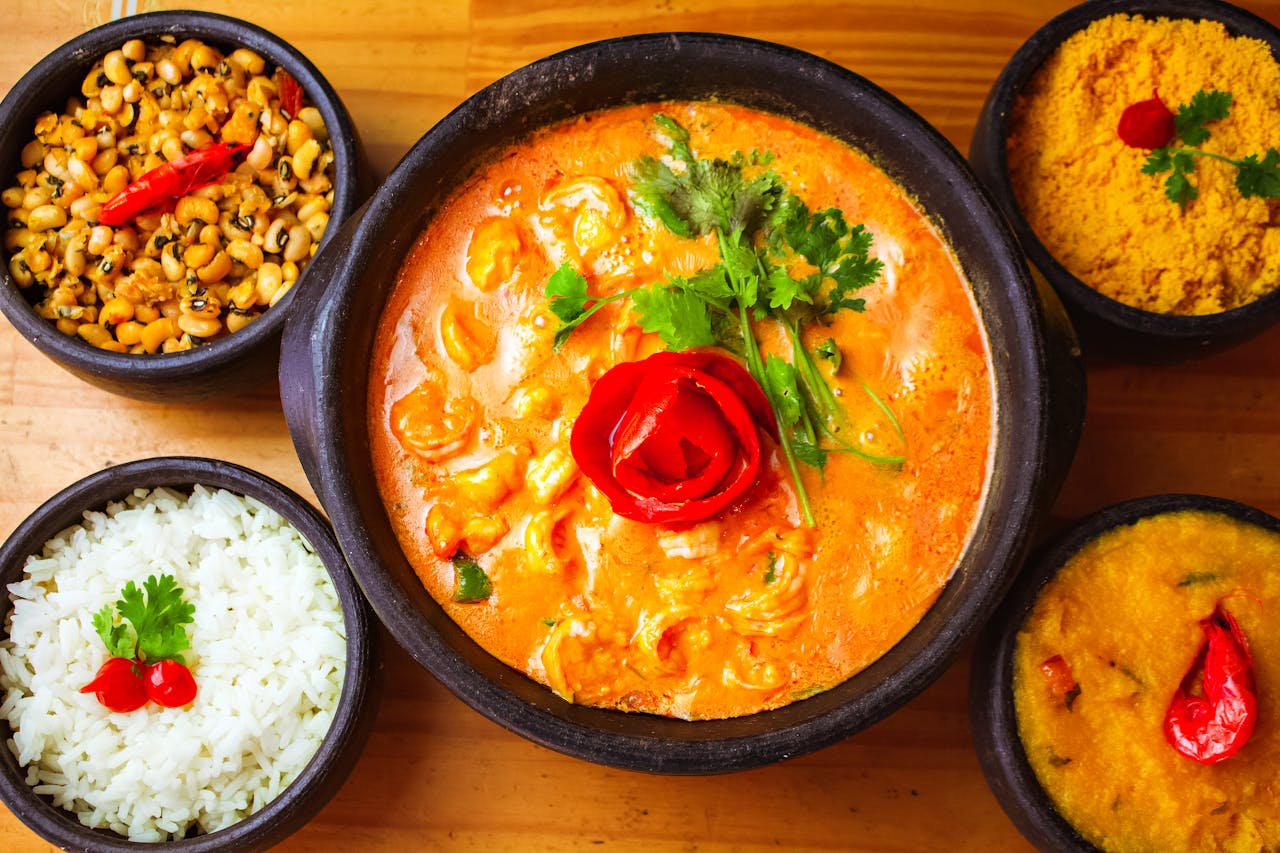Spicy seasonings are thought to reduce the risk of food poisoning by killing potential bacteria in food. We decided to check if this is true.
The antibacterial properties of spicy foods are reported in the media (“Evening Moscow", "Championship", Lenta.ru), informational portals and paramedical resources. In many sources approvedthat the ability of hot peppers to kill microbes is the main reason why there are so many spicy dishes in the cuisines of the Asian region, where the hot climate causes food to spoil faster and bacteria in it to multiply more actively. Social media users are discussing the supposed benefits of seasonings that supposedly help avoid food poisoning (“VKontakte", X) and blogging platforms (“Peekaboo", "Zen").
In 1998, scientists from Cornell University (USA) studied more than 4,500 recipes from cookbooks dedicated to cuisines of 36 countries. The researchers compared the amount of spices used with climate data and found that countries with higher average annual temperatures (such as Thailand and India) were more likely to use spices in recipes than those with cooler climates (such as Sweden or Norway). According to the authors of the work, this is due to evolutionary mechanisms: those who liked dishes with spices in hot climates were healthier, more often left offspring and taught their children to cook food in the same way. At the same time, the researchers took into account only those spices whose antibacterial properties were at least partially confirmed by other academic works. According to scientists, the champions in the fight against bacteria are garlic, onions and oregano.

Peppers (such as chili or jalapeño) have a substance that gives them their heat. capsaicin. The higher the capsaicin content in the fruit, the spicier it is. Scientists suggest that the production of capsaicin is a defense mechanism plants from fungi or herbivores. This substance affects not on taste buds, but on thermal ones, so hot pepper makes your mouth burn, regardless of the actual temperature of the food eaten. Capsaicin simply tricks the brain into thinking that something very hot has entered the mouth and causing a corresponding reaction.
Capsaicin and its derivatives do have some antimicrobial properties - this is the conclusion reached by German scientists who published in 2021 review research conducted on this topic. However, firstly, not all pathogens were equally susceptible to the influence of this substance, and secondly, most of the experiments were carried out in vitro, that is, in laboratory conditions, when bacteria in Petri dishes were exposed to large doses of capsaicin. There are no guarantees that capsaicin would perform as well in fighting bacteria in a real dish. Some specialists notethat the concentration of capsaicin required, for example, to kill E. coli, is too high to be achieved by cooking at home.
In addition, excessive consumption of capsaicin can lead to symptoms, similar to food poisoning. The body, especially one not accustomed to spicy food, can perceive this substance as a toxin and devote all its efforts to eliminating it - this will lead to abdominal pain, vomiting, and diarrhea. At the same time, in moderate doses, capsaicin useful regardless of its ability to kill germs in food. It speeds up metabolism, has a positive effect on intestinal microflora and can reduce inflammation. Also using capsaicin can help reduce bad cholesterol levels and even prevent the development of certain cancers.
For the sharpness mustard other substances are responsible - sinigrin (in Sarepta and black mustard) or sinalbin (in white mustard). When the seeds are crushed, these substances react with the enzyme myrosin, also contained in mustard. Under its influence, sinigrin and sinalbin are broken down, and essential oils are released. It is they that, when mustard is eaten, irritate the mucous membrane and have a burning effect.

In 2016, a group of scientists from South Africa reviewed research on the properties sinigrine, including the supposed antimicrobial effect. As with capsaicin, the authors concluded that without more research, it is impossible to say for sure whether sinigrin can effectively fight bacteria in food and prevent food poisoning.
In 2018, Italian scientists checked Potential health benefits of mustard on strains of several types of microbes - in Petri dishes and on freshly cut lettuce leaves. The researchers concluded that sinigrin and sinalbin did have some antimicrobial activity in vitro, but the effect varied greatly depending on the type of bacteria and the active ingredient. That is, sinigrin fought better against some groups of bacteria, while sinalbin fought against others. As for lettuce leaves treated with mustard seed extracts, during control measurements six days later, significantly fewer microbes were found on them compared to untreated ones.
Thus, it is difficult to speak unequivocally about the antimicrobial properties of hot seasonings in food. Firstly, the heat of spices is determined by different substances, and it is fundamentally incorrect to draw a generalized conclusion. Secondly, although some studies have shown that the substances responsible for the pungency contained in capsicums and mustard have certain antimicrobial properties, most of the experiments were carried out in laboratory conditions and their results cannot be transferred to real life without additional testing. Thirdly, the hot components of spices are not universal; different substances have different effects on certain groups of bacteria. Therefore, it is better not to place high hopes that hot spices will save you from food poisoning. It is possible that chili pepper or mustard may indeed have some positive antimicrobial effect, but they are not a panacea.
Cover photo: pexels.com
Read on the topic:
- Cornell Chronicle. Food bacteria-spice survey shows why some cultures like it hot
- Is it true that drinking water with vinegar is good for your health?
- Is it true that honey helps with colds?
- Is it true that you can get a stomach ulcer from eating irregularly?
If you find a spelling or grammatical error, please let us know by highlighting the error text and clicking Ctrl+Enter.






